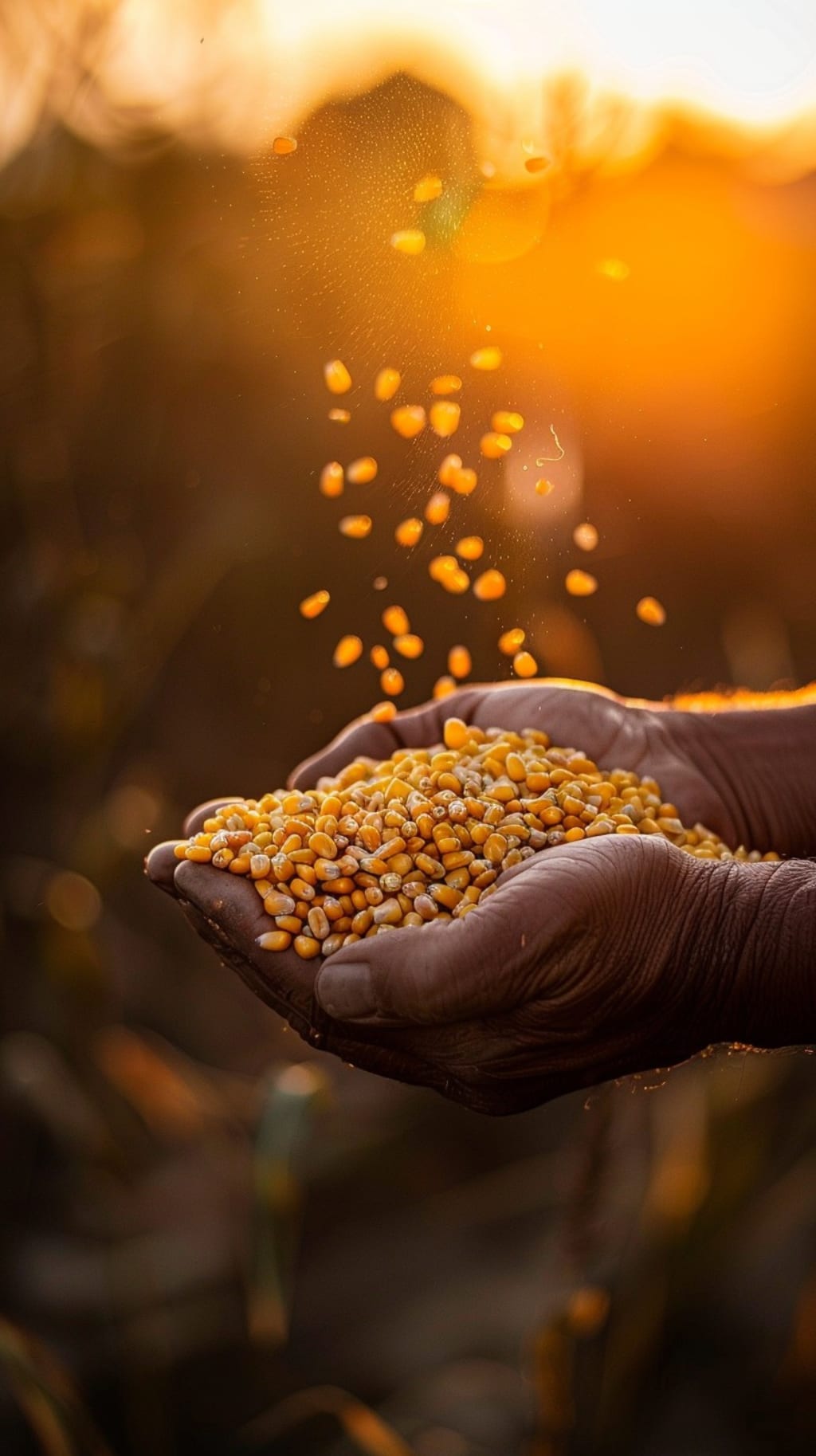Unraveling the Hidden Agony: The True Story Behind a Bengali Children's Rhyme.
A Closer Look at the Socio-Economic Struggles Embedded in "Ikdi Mikdi Cham-Chikdi"

I am also enriched by knowing the underlying meaning of the rhyme.....hope you will be too. "Ikdi mikdi cham-chikdi, Cham thorn majumdar, Damodar followed. Damodar's pot-buds, Sit in the dawa and eat rice. It is time to harvest rice. Rice is eaten at noon. The fly fell on the rice, Sow with a spade. spades are blunt, Blacksmith's head." Many of us have read this rhyme as children. But have you ever thought about the meaning of this rhyme of aesthetic rhythm? Does this rhyme carry any history? If you ask this question, the answer will probably be that this rhyme is composed for the pure joy of children. But the truth is quite sad. There is not even an iota of joy in this rhyme, not even for children. Basically, in this rhyme, the rhymer has highlighted the miserable socio-economic condition of the common people of Bengal with extraordinary skill. Now let's analyze each word and line of the poem. 'Ikari' means working hard all day long to support the family. But even when the family does not survive, it is necessary to 'Mikdi', i.e. try to earn some extra income. 'Cham' means livelihood area. And 'chikri' means to earn something (money or crop) by going around that earning area and bringing it home. But this "chamar thorn majumdar" became a problem. 'Majumdar' was originally a title of a kind of royal servant whose job was to collect and keep accounts of Khajna or revenue. And so, many times in the name of tax collection, he was called a fork in the road because he used to take away everything from the poor working people. And then "Dheye El Damodar". These 'Damodars' were basically a group of peddlers, who used to buy the produce of ordinary farmers or the handicrafts made by potters at a low price and sell them at a high price in the market. But this Damodar doesn't stop there. It says "Damodar's pot-buds". This means that when they come, they bring potted plants with them. That is to say, eating brings with it the preparation to carry away all the products produced by man. After that, it is said that "Dawaa Bose Chaal Kandi", that is, the rice that has been saved by hiding from Majumdar and Phade wholesaler, now the preparation of cooking rice is started by sitting at the door of the house. But "it is time to harvest rice", i.e., cooking rice is delayed due to all these problems. So "Bhat Khaoge noon", i.e. eating in the first hour or in the morning is no longer possible. It should be eaten in the afternoon or at noon. But how to eat! Because "flies fell on the rice". Here 'machi' actually means a thief. In other words, even the meager food of the poor is not saved. The thief stole it too. Hence "hoeing with a spade". This 'spade' was also not used literally. Rather, Kodal means Kotwal or police here. That is, a complaint has been made about the thief by going to the police. However, it does not mean that the harassment of poor people is less. Because "spade is blunt". That is, the police or Kotwal do not do any work. And so "Eat Blacksmith's Head". That is, the blacksmiths who made this spade, i.e. the high-ranking people of the village who made the police spades, finally went to them and had to cut the heads of these poor people and cry. So in one word, in this rhyme, the rhymer has presented the biography of the poor people of rural Bengal who, despite working hard, cannot even get two meals for their family due to the harassment of landlords, tax collectors, dishonest traders, thieves and police.
About the Creator
Enjoyed the story? Support the Creator.
Subscribe for free to receive all their stories in your feed. You could also pledge your support or give them a one-off tip, letting them know you appreciate their work.





Comments
There are no comments for this story
Be the first to respond and start the conversation.